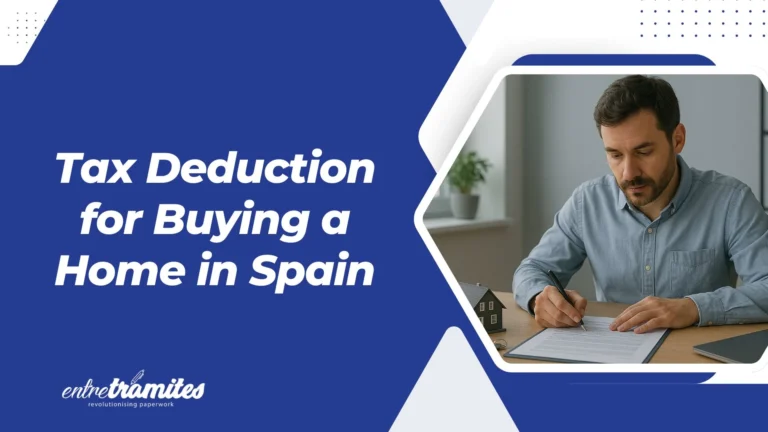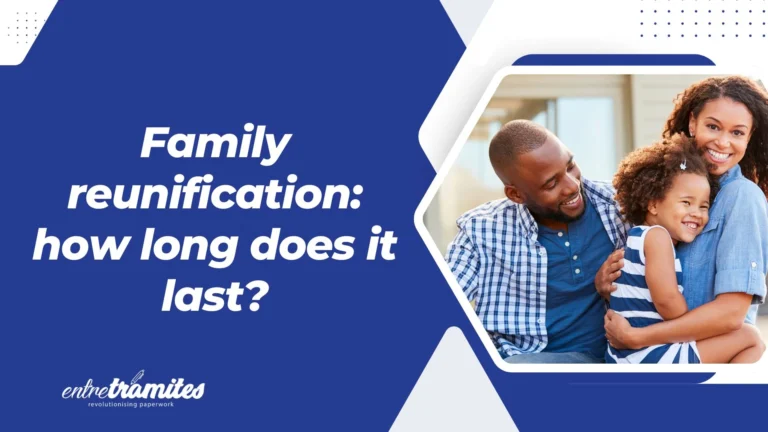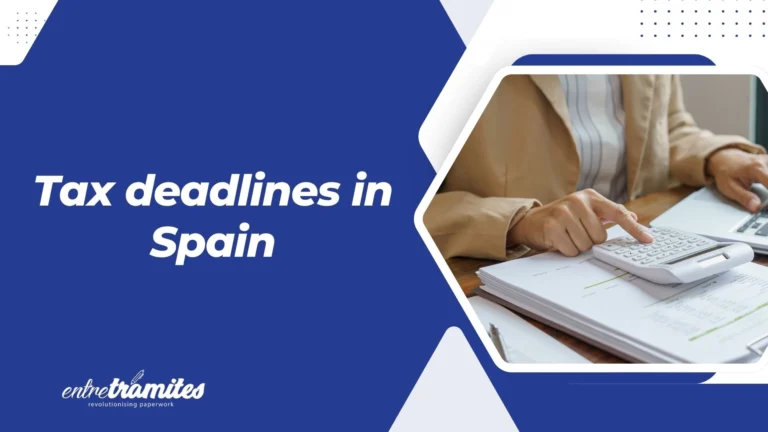In Spain, the tax deduction for buying a main home was eliminated for new purchases from January 1, 2013. However, it can still be applied by those who fall under the IRPF’s transitional regime. We explain how it works, who can continue to benefit, the requirements from the Tax Agency, and how to avoid common errors that could invalidate your right to the deduction.
What is the Tax Deduction for Buying a Home?
The tax deduction for buying a home allowed taxpayers to deduct up to 15% of the amounts paid for the purchase, construction, rehabilitation, or expansion of their main residence, with an annual base limit of €9,040 per taxpayer. This could result in an annual tax saving of up to €1,356. Although the deduction was removed for acquisitions after 2013, a transitional regime remains in place for previous cases.
Who Can Still Apply the Tax Deduction for Buying a Home?
To be eligible for this deduction, several key tax on buying property in Spain requirements must be met:
- The property must have been legally acquired before January 1, 2013. Alternatively, construction must have started before this date and been completed within the legal timeframe (with extensions, the final deadline was March 19, 2021, due to COVID-19).
- You must have applied the deduction in a tax year prior to 2013. Exceptions apply if it was not possible to do so, for example, if there was no taxable income or you were not required to file a tax return.
- The property must be your main residence, meaning you must have lived in it continuously for at least three years from the date of acquisition or completion of works. There are justified exceptions, such as a job relocation, marriage, or disability.
- You must continue to file an IRPF tax return to maintain the right to this deduction.
What Expenses Can You Include in This Deduction?
The deduction base allows for various expenses related to the acquisition or financing of your main home:
- Mortgage capital and interest.
- Notary and registry fees related to the purchase.
- Construction, rehabilitation, or expansion costs incurred before January 1, 2013 (within the allowed timeframe).
- Mortgage-related insurance (life, fire, etc.), if it is a mandatory part of the mortgage contract.
All these expenses must be linked to the financing of your main home and cannot exceed the €9,040 annual deductible base.
How the Deduction Works Under the Transitional Regime
Under current regulations, the tax deduction for buying a home is broken down into two components:
- State-level deduction: Applicable at a rate of 7.5% on the deductible base up to the limit.
- Regional-level deduction: Also up to 7.5%, though this can vary by autonomous community. For example, in Catalonia, the percentage can be higher in specific cases.
Common Mistakes You Must Avoid
- Applying the deduction if you did not do so before 2013, except for exceptional cases.
- Failing to meet the three-year continuous residency requirement.
- Including insurance or expenses not directly linked to the financing of the property.
- Failing to notify the Tax Agency about a change of address or the cessation of occupancy, which could lead to the loss of the right to continue deducting.
Frequently Asked Questions (FAQs)
Can I apply the deduction if I refinanced my mortgage after 2013? A: Yes, as long as the financing is still used for the main residence acquired before 2013 and you applied the deduction before that year. It is crucial to keep all supporting documentation.
Until when can I keep deducting if I stop living in the house? A: The deduction is interrupted if you cease to occupy the property as your main residence, with certain justified exceptions (job relocation, marriage, disability, public office).
How much can I deduct if I bought a home before 2013 and use it as my primary residence? A: You can deduct up to 15% on the maximum base of €9,040, which translates to a tax saving of up to €1,356 per year, split between the state and regional portions according to the regulations.
What if I bought my property before 2013 but couldn’t apply the deduction? A: If you could not apply the deduction for a valid reason, such as having a previous property where you were still deducting, you can now apply the deduction, provided you meet all other requirements of the transitional regime.
The tax on buying property in Spain can still offer significant tax savings for those who meet the specific requirements of the transitional regime. While the process may seem complex, a thorough understanding of the regulations is key to ensuring you can legally continue to benefit from this deduction.
If you need personalized assistance, at Entre Trámites we offer management and tax advisory services for freelancers and SMEs. You can contact us through this contact form for us to call you, or if you prefer, you can schedule a free consultation or write to us on WhatsApp.





